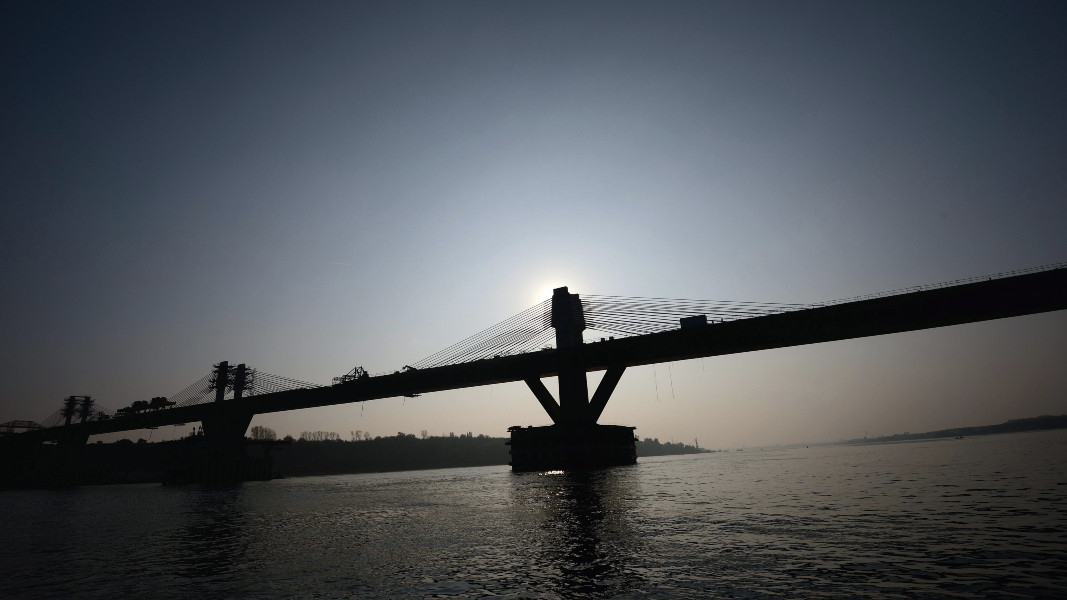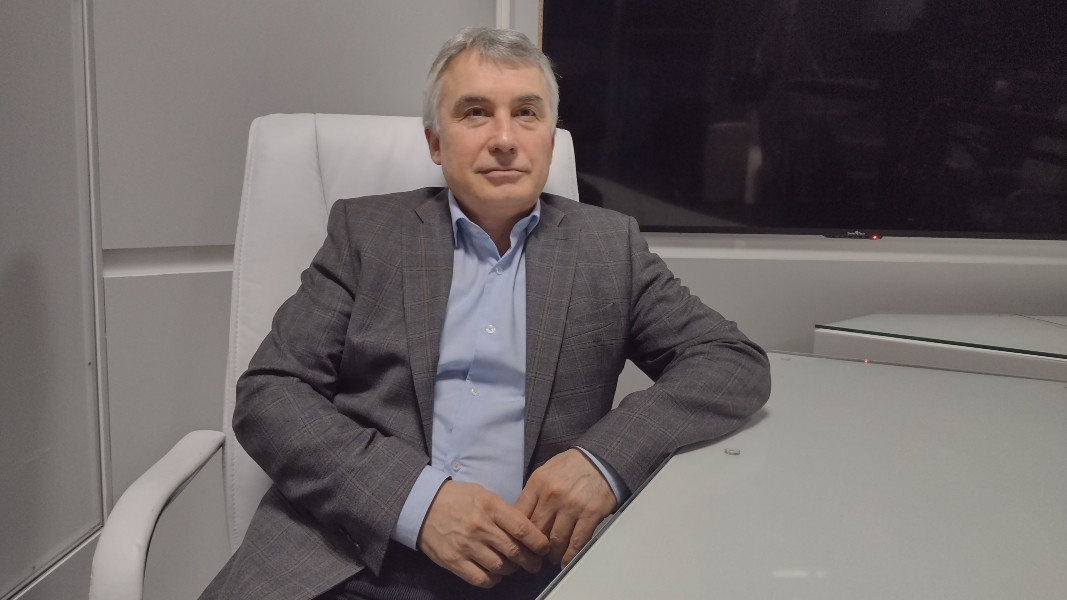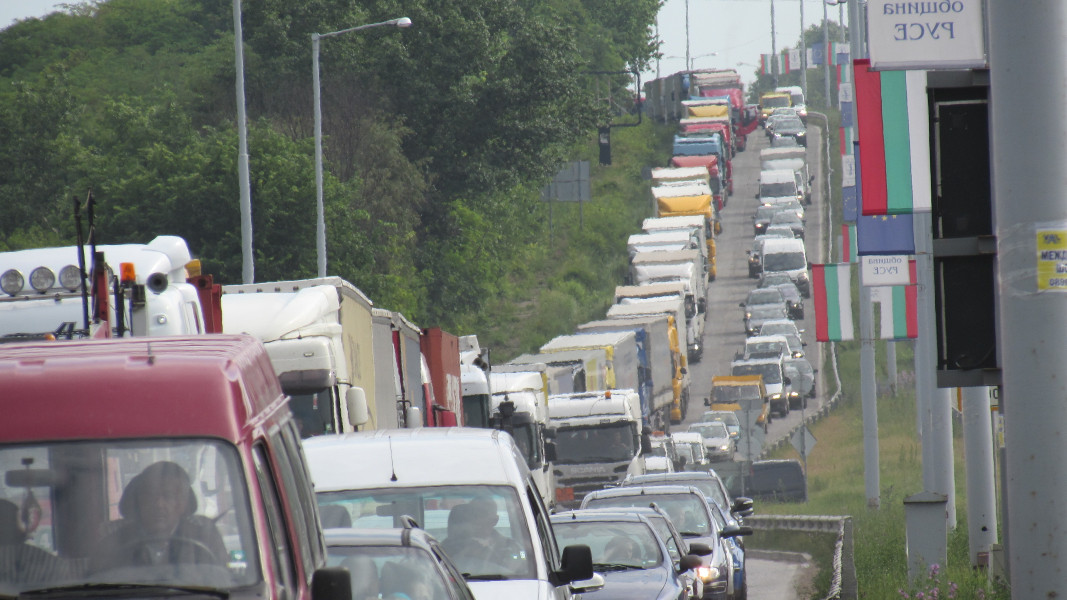The heavy traffic between Bulgaria and Romania, made even worse by Russia’s war against Ukraine, has once again raised the issue of building a third bridge across the Danube so as to improve connectivity between the two European countries.
Geopolitical analysts compare the current situation to the situation in 1999, when the conflict in Kosovo and the destruction of the Serbian bridges over the Danube to Central Europe forced the European Union to look for alternatives. That was how the construction of the second bridge between Bulgaria and Romania at Vidin-Calafat was accelerated.

In 2022, Russia’s war against Ukraine blocked navigation in the Black Sea, boosting road traffic across the Danube. According to historian Plamen Dimitrov, expert at the Bulgarian Geopolitical Association, this affords an opportunity to speed up the construction of bridges across the lower Danube.
“We are seeing the same geopolitical obstacles to the free trade flow that existed in 1999, with the war in Yugoslavia. Now the problems come from the Southeast. As it turns out, the carriage of goods across the Eastern portion of the Black Sea is not possible at this time because it is a war zone. There is a lane that is only open for the export of food but it too is problematic. It is only logical for the trade between Turkey and Eastern Europe, between Ukraine and Turkey to shift to the lower Danube which means across the Bulgarian-Romanian border. I know that Bulgaria and Romania have been endeavouring to show the European Commission that a new bridge at Ruse needs to be financed under the EU’s Connecting Europe facility. So, a geopolitical impetus that could boost this project does exist,” Plamen Dimitrov says, but cautions that the project may not pay off, from a purely economic point of view. “And that is where the European Commission comes in, by supplementing the lack of funding for such a project.”

The last regular government in Bulgaria had an ambitious programme for the construction of no less than five bridges over the river Danube. “But before there can be five bridges, it wouldn’t be a bad thing to have three,” Plamen Dimitrov says and adds:
“Building any bridge without having the related infrastructure in place is unconscionable. It is advisable to have a highway leading up to the bridge. And in this sense, if the third bridge is again at Ruse-Giurgiu the relevant infrastructure has to be improved. That is why I think that this is a complex project and funding has to be envisioned for the bridge, but also for designing the roadways leading to it.”

At which point between Bulgaria and Romania is building a connecting structure needed most?
“If we are talking about addressing the immediate problems resulting from Russia’s war against Ukraine, then that point has to be somewhere more to the East on the Bulgaria-Romania border, so as to cater for the traffic between Ukraine and its allies in Eastern Europe, and Turkey. Of course, the geopolitical situation should be monitored,” Plamen Dimitrov explains, and recommends a bridge across the Danube at the Bulgarian town of Silistra. But, Plamen Dimiktrov goes on to say, a second bridge at Ruse is more likely, with the corresponding improvement of the infrastructure leading up to it, because it could cater for the traffic towards Central Europe as well as towards Ukraine.
Photos: BGNES, Ivo Ivanov
The members of Parliament are rather skeptical before yet another attempt to elect a National Assembly Speaker. The candidates for Speaker of the National Assembly are Raya Nazaryan from GERB-SDS, Natalia Kiselova from BSP-United Left, Petar Petrov..
At today's session of MEPs opening in Strasbourg, the European Parliament will again call for full membership of Bulgaria and Romania in Schengen . The agenda announcement makes clear that the EP will discuss the issue together with the European..
The coalition We Continue the Change-Democratic Bulgaria (PP-DB) , which came second in the October 27 parliamentary elections, has accepted an invitation for negotiations from the first political force - GERB-SDS. GERB leader Boyko Borissov offers..

+359 2 9336 661
